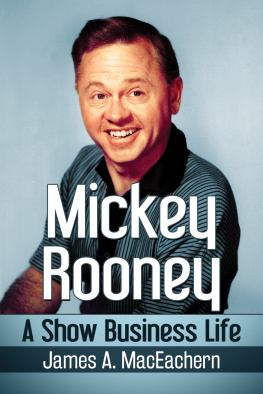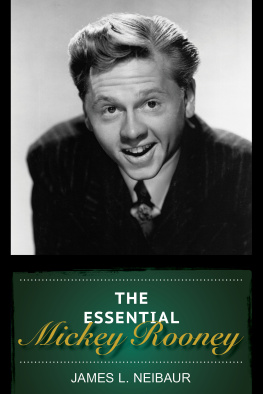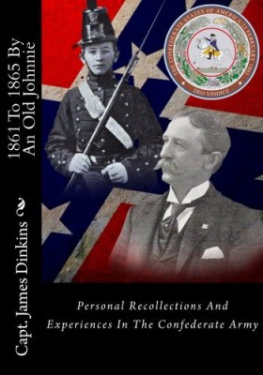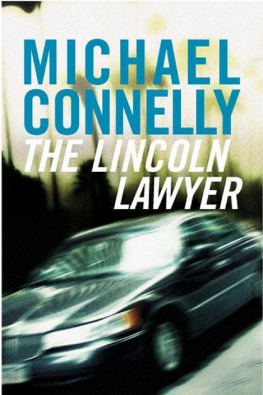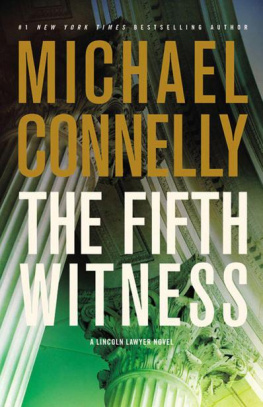
This edition is published by PICKLE PARTNERS PUBLISHINGwww.pp-publishing.com
To join our mailing list for new titles or for issues with our bookspicklepublishing@gmail.com
Or on Facebook
Text originally published in 1946 under the same title.
Pickle Partners Publishing 2016, all rights reserved. No part of this publication may be reproduced, stored in a retrieval system or transmitted by any means, electrical, mechanical or otherwise without the written permission of the copyright holder.
Publishers Note
Although in most cases we have retained the Authors original spelling and grammar to authentically reproduce the work of the Author and the original intent of such material, some additional notes and clarifications have been added for the modern readers benefit.
We have also made every effort to include all maps and illustrations of the original edition the limitations of formatting do not allow of including larger maps, we will upload as many of these maps as possible.
SGT. MICKEY AND GENERAL IKE
BY
MICHAEL J. McKEOGH
AND
RICHARD LOCKRIDGE
TABLE OF CONTENTS
Contents
TABLE OF CONTENTS
DEDICATION
TO
PEARLIE AND MARY ANN
ACKNOWLEDGEMENT
The Authors wish to thank Famous Music Corporation for permission to use two lines from One Dozen Roses by Roger Lewis, Country Washburn, Dick Jurgens, and Walter Donovan. Copyright MCMXLII Famous Music Corporation.
INTRODUCTION
GENERAL IKE had his problems at his Supreme level, but Mickey at his had some that seemed to him just as tough.
Sometimes Mickey shared his dilemmas with me. A perpetual one which stays in my mind came up all too many mornings. Awakening this dogs body, {1} Mickeys supreme question always was: Shall I or shall I not awaken the General? I almost always voted to let the General sleep and the orderly go back to his cot. Mickey would argue that he had his orders from the Boss himself to be awakened at seven. Then Mickey would slip quietly to the Generals bedroom door, or tent, or caravan, or dugout, and intently listen for any tell-tale sounds which Mickey came to know as well as Toscanini knows musical notes. Too frequently he would find the great question answered by the General himself, who more than likely had been awake for a couple of hours, pondering ever-pressing problems on which his brain cells resumed their efforts after only five or six hours of sound sleep. Or he might be trying to put himself back to sleep with a Western rather than to ring for Mickey at an early hour and, as the Supreme Commander felt, unnecessarily disturb the camp or household.
Mickey had a choice job in the war, but it wasnt easy, by any means. He was on call practically twenty-four hours a day and whenever he sought to get out of earshot of the General to go to a GI movie, or perhaps to steal an hour or two with Pearlie, he had to obtain the personal approval of the Supreme Commander, Allied Expeditionary Forces, whose reputation for fairness and generosity I can testify began at home. The old adage that no man is a hero to his valet is disproved by Mickeys story. Few men ever had a more loyal and cheerful orderly, and in many ways, companion and confidant.
Former Naval Lieutenant Richard Lockridge has caught the spirit of Mickeys story with uncanny perception. When I read some of the manuscript I could hear Mickey talking.
In years, probably decades and perhaps centuries to come students of history will find stories like this of value in judging the character of General Eisenhower. If Caesars orderly, as well as others close to great world figures during stirring times, had written a book like this while memory was fresh with details, how much better all of us would have known the characters who made and are making history.
The late General Patton, loved by all of General Ikes personal staff, once said, after reviewing his accomplishments and those of his plunging 3 rd Army, that Caesar couldnt have been more than a brigadier general on his staff, yet Pattons was only one of seven armies, with sea, air and supply forces in addition, which were under General Ike when Hitlers tyrannical hordes were forced by Allied arms unconditionally to surrender. I dont know how General Patton would rank Caesar on General Ikes staff, but Mickey no doubt would argue that commanding seven armies is seven times as difficult as running one, and therefore Caesar would be just one-seventh of a B. G. on General Ikes staffa 2 nd lieutenant. To most GIs and sergeants, particularly Master Sergeants like Mickey, this is damning Caesar very much indeed, but it would be Mickeys way of speaking of the Bossand I would cheer for Mickey.
HARRY C. BUTCHER,
Naval Aide to General Eisenhower,
1942-1945
SGT. MICKEY AND GENERAL IKE
CHAPTER 1
THE FIRST TIME I saw the Boss I thought he didnt look much like a soldier. Now that seems to me a funny thing ever to have thought about General Eisenhower and probably it would have seemed funny then to people who really knew about the Army. But I hadnt been a soldier very long myselfand didnt expect to be one very much longer. That was in July of 1941 and I had been inducted the previous March, along with a lot of other guys who thought they were going to be in the Army a year. I stayed in until September 12, 1945, and from that day in July until the end I was orderly to the grandest guy Ive ever known or ever hope to know.
But then he was just a man in a gray civilian suit with a white shirt and a sort of blue tie and he was eating breakfast with his wife in the kitchen of their house on the reservation at Fort Sam Houston in San Antonio. He was a colonel, of course, and Id been in the Army long enough to know about colonels, although Id never spoken to one before. I suppose I was thinking chiefly about pleasing him enough so he would keep me on as his orderly, which looked like being a nice clean job without too much work. We didnt look ahead very far in the Army in the summer of 1941 or know what was going to happen to all of usand to the world.
I had been working for Mrs. Eisenhower for a couple of days before I met the Generalits hard now to think of him except as the General. Id been helping her fix the house up, hanging pictures and moving furniture and generally making myself useful; working from about nine in the morning until about five and then going back to the company. I thought she was a lovely woman and that it would be fine to work for her, but I still hadnt met the Colonel and you cant always tell about colonels. It was the third morning I met him and when Mrs. Eisenhower said I was the boy who had been helping out I stood as straight as I could and tried to decide whether I ought to salute. I thought he looked more like a retired banker or professional man who had been very athletic a few years before than like a soldier. But he was a colonel and I thought, This is it, and was excited.
He stood up and held out a big handhe has very big hands and long arms and broad shouldersand then he smiled. Theres no use trying to describe that smile, and anyway by now a lot of people have seen it and know what its like. I guess its just a sincere smile and he uses his whole facenot just his mouth, as if he were advertising tooth pasteand when he smiles his whole face is lighted up. I saw him smile in a lot of placesin Washington and in Africa and Italy, and afterward in France and Germanyand I always waited for it. It always made me feel better than I had been feeling, somehow. It did that day I first met him.


